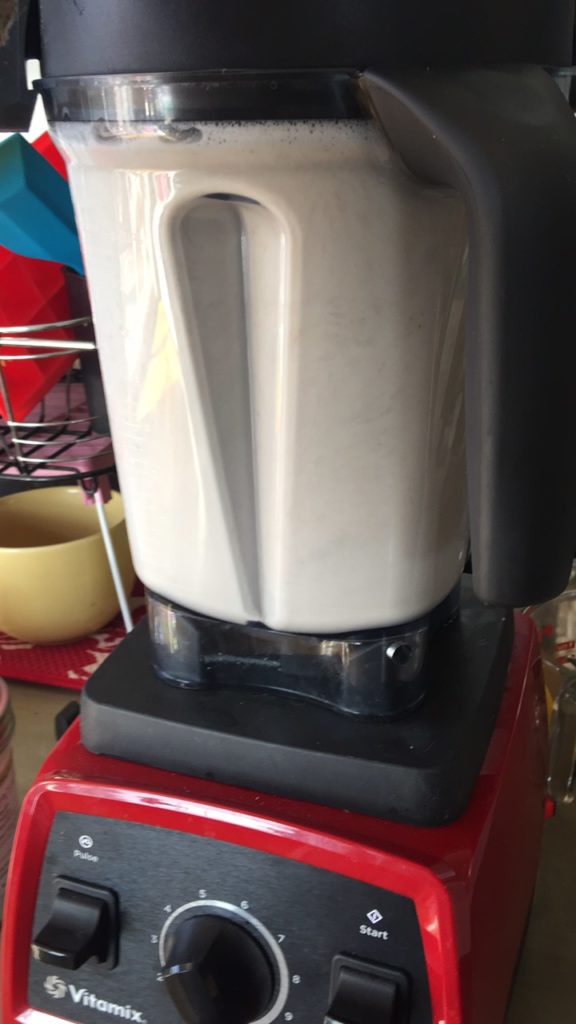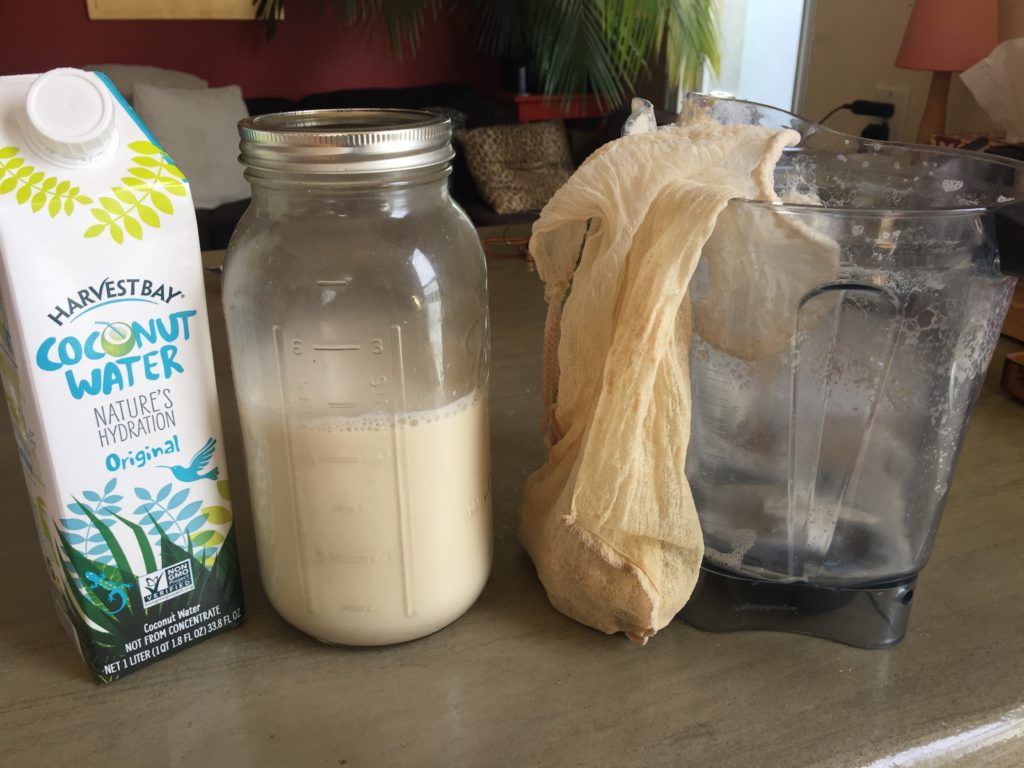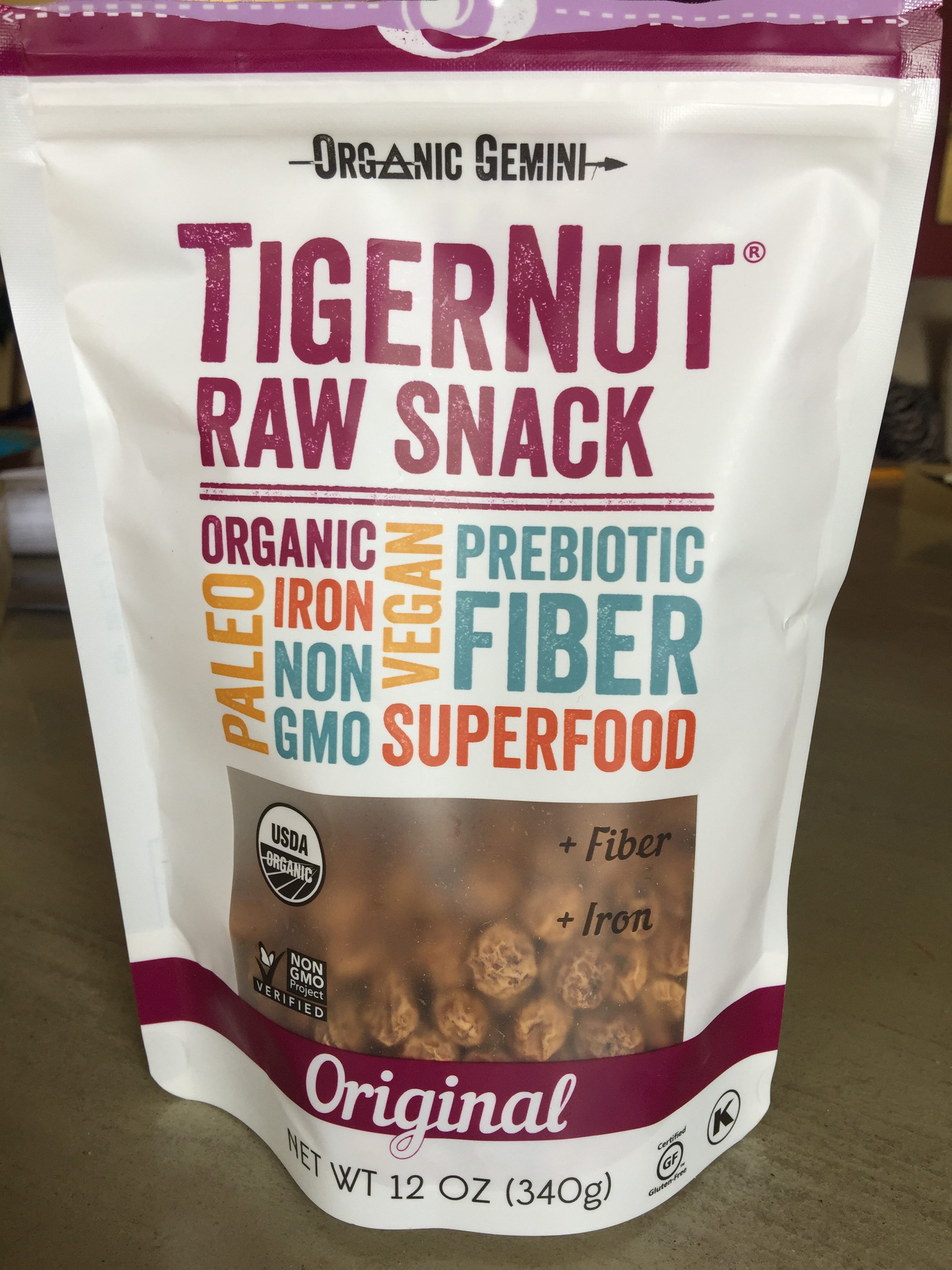Prebiotics are just as important for gut health as probiotics.
Here’s the difference between the two.
Probiotics introduce bacteria into the intestine that were not there before.
Prebiotics become food for the beneficial bacteria that already live in the large intestine, boosting their population.
It’s important to understand prebiotics because for some folks, they may trigger IBS symptoms, especially in the case of bacterial overgrowth.
Examples of prebiotic-rich foods are garlic, onions, dandelion greens, asparagus, chicory (used in coffee substitutes) bananas and artichokes. If you see inulin or FOS listed on the label of your probiotic pills, that means they also contain prebiotics.
Most prebiotics are naturally high in FODMAPS, which are a type of hard to digest carbohydrate that ferments in the gut and triggers IBS symptoms in people with SIBO (small intestinal bacterial overgrowth). If you have an overgrowth of bacteria in your small intestine, where there should be few bacteria, it’s not a good idea to feed the overgrowth. And your body will tell you that with symptoms like gas, bloating and abdominal pain.
People trying to reduce bacterial overgrowth in their small or large intestine should avoid most prebiotics, and probiotic brands with prebiotics and lactobaccilus included.
One of my favorite brands of probiotics that does not contribute to bacterial overgrowth is Megasporbiotic.
The good news is that there are a few prebiotic foods that most people with SIBO and bacterial overgrowth of the large intestine CAN tolerate. Ripe bananas are one of them.
Another one is Tigernuts. Despite their name, Tigernuts are NOT nuts! They are tiny tubers or root veggies that are native to Africa, and quickly growing in popularity among the gut-repair crowd.
Tigernuts are crunchy snacks that are slightly sweet without added sugar. And more importantly they are a source of beneficial prebiotics that are low in FODMAPs. That means they won’t add to bacterial overgrowth or trigger IBS symptoms.
Tigernuts are incredibly filling because they contain resistant starch, which feeds the cells of the colon with their preferred fuel, a long-chain fatty acid called butyrate. This can reduce inflammation in the colon.
There are many ways to enjoy Tigernuts.
You can eat them from the bag or grind them into flour in a food processor to bake allergy-free treats. You can buy sliced tigernuts here and make granola. Or buy prepared tigernut granola here.
My favorite way to enjoy tiger nuts is to make a rich, creamy milk from them and use the leftover pulp for baking. My recipe is below.
Tigernut milk recipe
My secret for delicious tigernut milk is using coconut water as a base instead of water. You can also use water of course, but coconut water gives it an extra bit of sweetness and a hit of electrolytes.
Tigernut milk is a creamy, allergen-free alternative for people who have trouble digesting nuts and tolerating nut milks. I don’t recommend commercial nut milk to most IBS folks because they contain sugars, gums, additives and fillers like carrageenan that can irritate the gut.
What you need:
1 cup of Tigernuts (Buy it here)
32 ounce (4 cups) of coconut water (My favorite brand)
2 cups of water (for soaking)
Nut bag (I like this one)
Optional: add a sprinkle of cinnamon, cardamom or vanilla powder for extra flavor
How to:
Soak 1 cup of tigernuts is 2 cups of water for 24 hours. You can keep the container on the counter or in the fridge.
Drain the water and throw the soaked tigernuts in a high powered blender.
Pour 32 ounces of coconut water in the high powered blender.
Blend for a couple of minutes.

Drape the nut bag over a pitcher or large, deep bowl and pour the contents of the blender into the bag.
The milk should pour through the nut bag into the bowl or pitcher. Close the nut bag, lift it up and hold it over the pitcher or bowl as the milk drains out of it.
Squeeze the excess milk out of the nut bag until the flour inside is relatively dry.

You can dry the pulp out by laying it out on a cookie sheet overnight, dehydrating it in a dehydrator or in an oven at 200 degrees for several hours.
Transfer the milk to a container and store in the fridge. It will keep for 5 days.
Enjoy this milk as a snack, to bake with or with your favorite grain-free granola. I find a glass of this milk to be an filling meal replacement when I am on the go.


